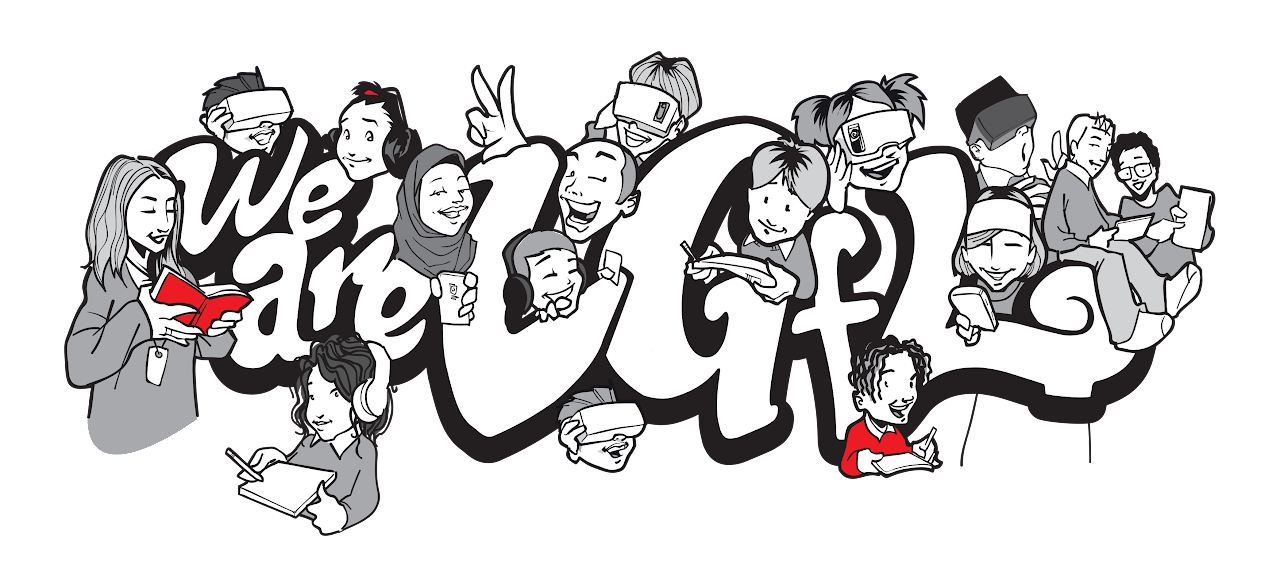Holocaust Memorial Day
Holocaust Memorial Day (HMD) is a national commemoration day in the UK dedicated to the remembrance of those who suffered in The Holocaust under Nazi persecution and in subsequent genocides in Cambodia, Rwanda, Bosnia and Darfur. The 27th of January marks the date of the liberation of Auschwitz-Birkenau, the largest Nazi death camp and therefore the HMD is on 27th of January, 2024.
At a time when millions of people across the world face ongoing persecution for who they are, or where we see rising racism, bigotry and hatred towards Jewish, Muslim and other communities in the UK, HMD is a chance to bring communities together both in remembrance and in a commitment to learn the lessons of the past and build a better future. The people we remember, the 6 million Jews murdered during the Holocaust, alongside the millions of people murdered under Nazi persecution of other groups and during more recent genocide in Cambodia, Rwanda, Bosnia and Darfur, did not belong to one single faith, did not all share the same-coloured skin, and came from every possible background. The one unifying factor was their humanity, that is why HMD is for everyone.
LGfL's Holocaust Education Portal
LGfL has produced a range of unique resources with partners to support the delivery of Holocaust Education these can be found here.

Other recommended (free) resources you can access:
Michael Rosen has recorded a series of powerful poems about the experiences of his family in the Holocaust which you can use to inspire your students.
A selection of resources based around "War and Peace" from the Literacy Shed. These would be worth watching particularly if you are completing a more lengthy topic around war and peace (and not just HMD).
A while ago, I read the following blog ('The Problem with ‘The Boy in the Striped Pyjamas’) about making responsible choices when choosing historical narratives and ensuring that pupils know that sometimes authors include historically inaccurate events in their narratives. I believe it highlights an important message to critically assess our choices for class novels and also to ensure we discuss with our pupils where narratives do not always stay true to the facts of the time.
‘Don’t be content in your life just to do no wrong, be prepared every day to try and do some good.’ Quote by Sir Nicholas Winton, who rescued 669 children from Nazi-occupied Europe.
As teachers, it is vital that we continue to pay our respect to the victims of the Holocaust by continuing to sensitively pass on the memories of the past and to try and prepare our pupils "to try to do some good". We hope that our resources will support you with this important endeavour.

